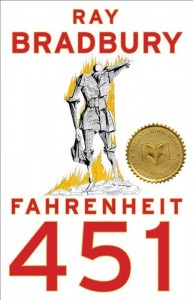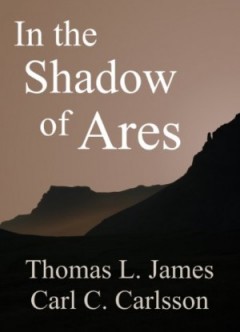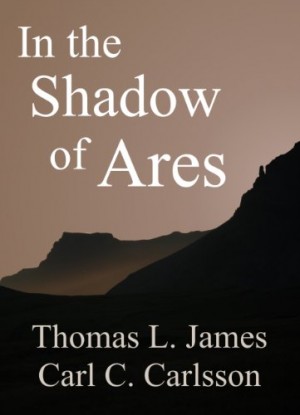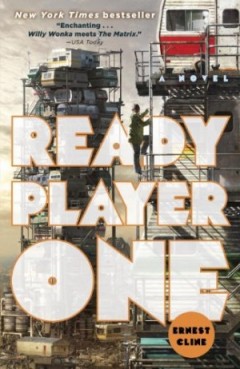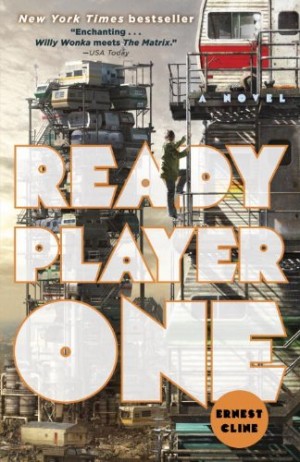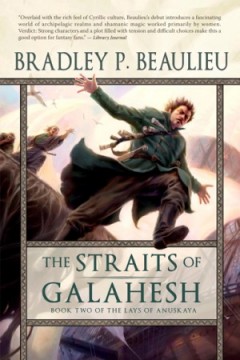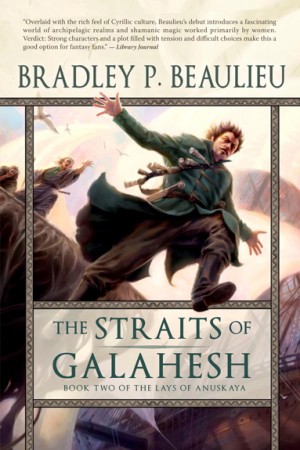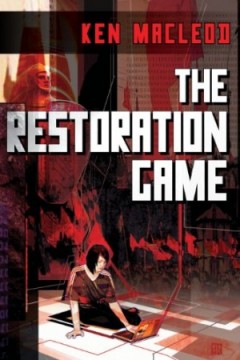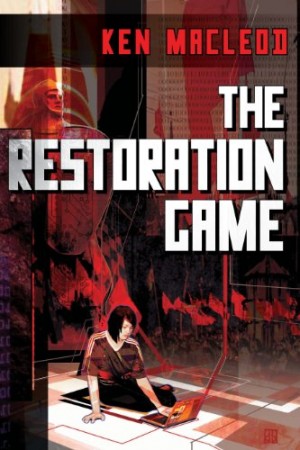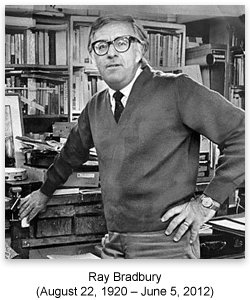
On June 5, acclaimed author Ray Bradbury passed away. I can’t say I have been much affected by the loss. My relationships with most authors typically begin and end within the pages of their books. I find that delving into writers’ and actors’ lives — specifically the components of their political beliefs — is often a disappointing venture to complete. Yet it still saddens me that our world is no longer graced by the man’s presence.
It is interesting that he descended from Mary Bradbury, a woman who was convicted and sentenced to hang in the 1600s during the infamous Salem witch trials. After such brutalities were imposed on the family, I can’t tell if it’s nature or nurture that Ray grew up to be skeptical of the way things were. Among Mary’s other descendents is Ralph Waldo Emerson, the world-renowned individualist writer who grew up to say, “The less government we have the better.” I found out a few years ago that one of my great-great-great-great- ad infinitum grandmothers, too, was prosecuted as a witch during the Puritans’ wicked trials. I can take this only as a fantastic compliment and hope that my antistate relatives were fighting the good fight with the Bradbury family, leading to the libertarian ideals I now cherish so deeply.
Bradbury’s first original book, Fahrenheit 451, is a fiery testament against the censorship of opposing ideas. He maintained repeatedly that the people — not the state — were the book’s antagonists, but the real enemy, more than the actual individuals in question, was their obsession with political correctness, which led to the shredding and burning of old literature in the first place. And as anyone will tell you, we libertarians typically have little patience for political correctness. It does nothing except dilute the true meaning of words and stupefies the population into apathy.

